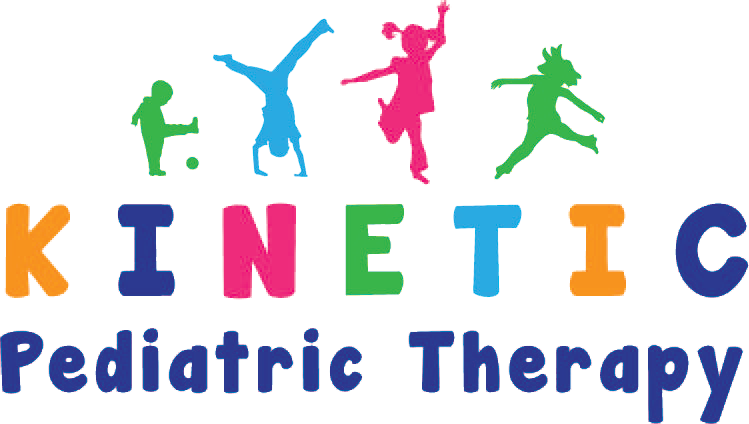
How to Become a School-Based Occupational Therapist
A Step-by-Step Guide
Embarking on a career as a school-based occupational therapist is a fulfilling journey that enables professionals to make a significant impact on students’ lives. These therapists play a crucial role in supporting children’s ability to participate fully in educational settings by addressing physical, cognitive, and sensory challenges. If you’re considering this rewarding path, here’s a comprehensive guide to becoming a school-based occupational therapist.
Educational Requirements for a School-Based Occupational Therapist
The first step toward becoming a school-based occupational therapist is obtaining the necessary education. Aspiring therapists must earn a master’s degree in occupational therapy from an accredited institution. In North Carolina, several universities offer accredited programs that prepare students for this profession. Admission into these programs typically requires a bachelor’s degree with coursework in anatomy, physiology, psychology, and related fields. It’s essential to research specific prerequisites for each program to ensure all requirements are met.
Licensure and Certification
After completing a master’s program, the next step is obtaining licensure to practice as an occupational therapist. In North Carolina, this involves passing the National Board for Certification in Occupational Therapy (NBCOT) exam to become a registered occupational therapist (OTR). Following national certification, you must apply for state licensure through the North Carolina Board of Occupational Therapy. This process includes submitting proof of education, NBCOT certification, and passing a jurisprudence exam that covers state laws and regulations related to occupational therapy practice.
occupationaltherapylicense.org
Gaining Relevant Experience
Experience working with children is invaluable for a school-based occupational therapist. Many educational programs incorporate fieldwork placements in pediatric or school settings, providing hands-on experience under the supervision of licensed therapists. Additionally, seeking volunteer opportunities or part-time positions in schools, pediatric clinics, or community programs can enhance your understanding of the unique needs of school-aged children and the educational environment.
Developing Essential Skills
Success as a school-based occupational therapist requires a blend of technical knowledge and soft skills. Strong communication skills are vital for collaborating with teachers, parents, and other professionals to develop and implement effective intervention plans. Problem-solving abilities and creativity enable therapists to design engaging activities that address students’ specific challenges. Cultural competence and empathy are also crucial, as therapists work with diverse student populations with varying needs.
Understanding the School Environment
Working within a school setting presents unique dynamics compared to clinical environments. School-based occupational therapists must be familiar with educational policies, special education laws, and the framework of Individualized Education Programs (IEPs). They collaborate closely with educators to integrate therapeutic interventions into the classroom, supporting students’ academic goals and functional performance. Understanding the school culture and building strong relationships with staff and students are essential components of effective practice.
Continuing Education and Professional Development
The field of occupational therapy is continually evolving, with ongoing research leading to new techniques and approaches. Engaging in continuing education is crucial for maintaining licensure and staying current with best practices. Professional organizations, such as the American Occupational Therapy Association (AOTA) and the North Carolina Occupational Therapy Association (NCOTA), offer resources, workshops, and conferences to support lifelong learning. Additionally, the North Carolina Department of Public Instruction provides professional development opportunities specifically for school-based practitioners.
Exploring Employment Opportunities
Once licensed, school-based occupational therapists can pursue employment in various educational settings, including public and private schools, early intervention programs, and specialized education centers. Networking through professional associations and attending job fairs can aid in discovering available positions. Additionally, organizations like Kinetic Pediatric Therapy offer career opportunities for therapists dedicated to empowering children with diverse needs. Exploring such avenues can lead to fulfilling roles within supportive communities.
Becoming a school-based occupational therapist involves a commitment to education, professional development, and a passion for enhancing students’ lives. By following the outlined steps—obtaining the necessary education, securing licensure, gaining relevant experience, and continually developing skills—you can embark on a rewarding career that makes a meaningful difference in the educational journeys of countless children.
👐 Help your students develop essential life skills with expert Occupational Therapy! Kinetic Pediatric Contract Therapy offers specialized Occupational Therapy services tailored to the unique needs of children in schools across North Carolina. Our therapists work closely with educators and families to support children in building the fine motor, sensory, and self-care skills they need to succeed in both the classroom and daily life. 🌟 Empower your students to thrive—bring our Occupational Therapy services to your school today and provide them with the tools for lasting success!
Please Share




